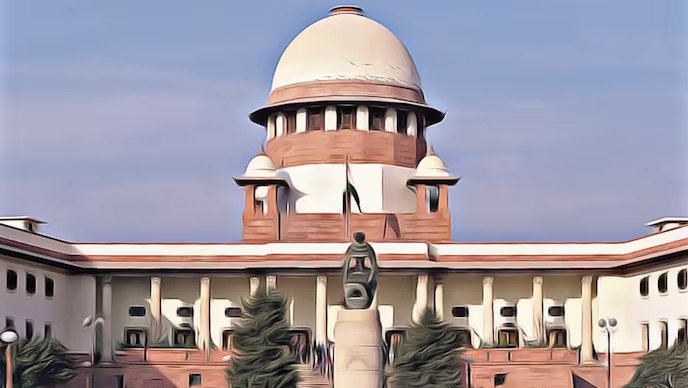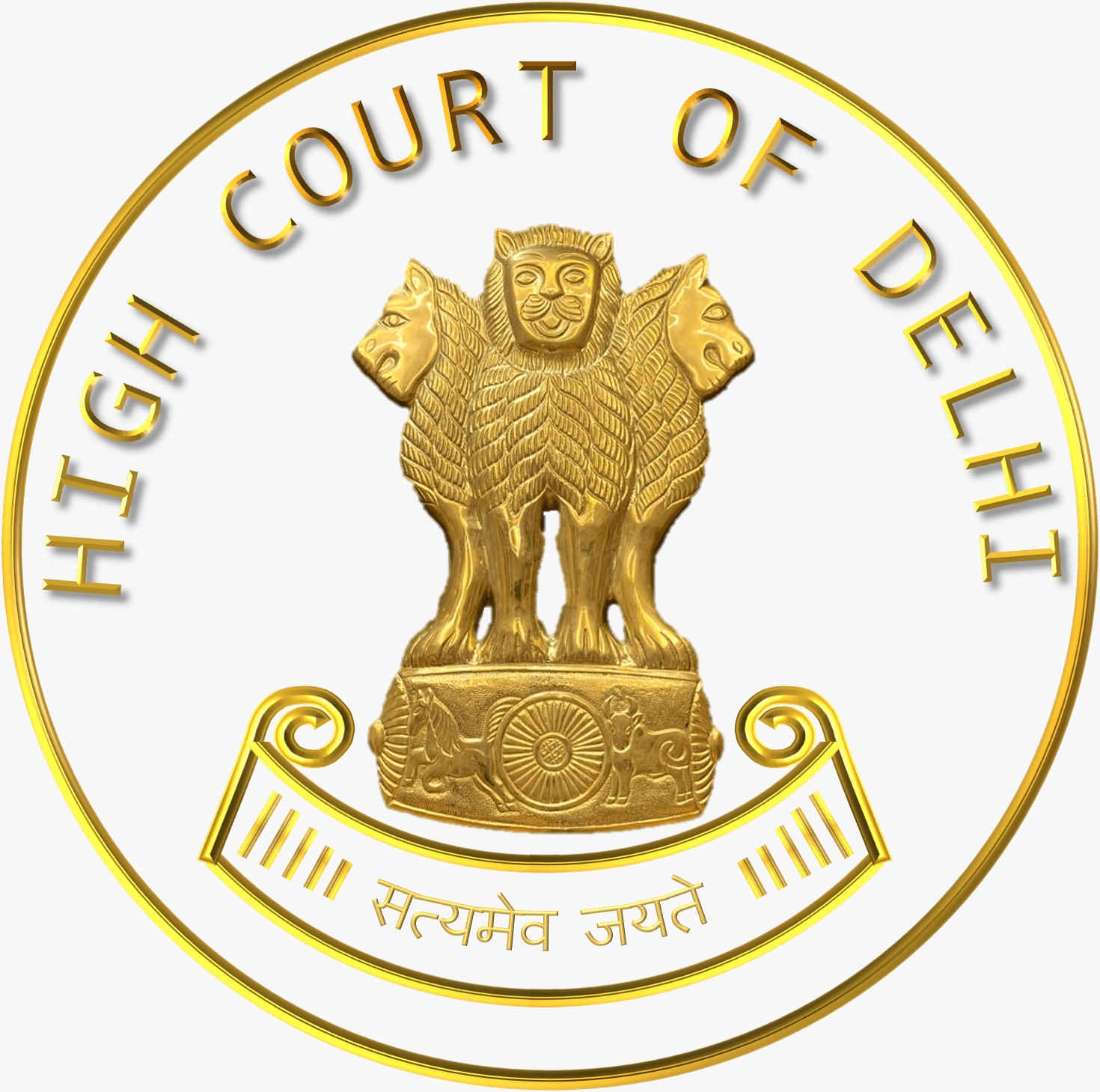@JUDGMENTTAG-ORDER
R. Regupathi, J.@mdashThis is a petition, seeking for a direction to call for the records in STC No. 1020 of 2003 on the file of Judicial Magistrate No. VI, Coimbatore, and quash the proceedings.
2. The petitioner is the proprietrix of Karaikudi Aachi Restaurant at No. 751, Trichy Road, Coimbatore-45. The Assistant Commissioner of Labour, Coimbatore, inspected the premises of the petitioner on 24.08.2000 and found that 11 workers were not given minimum wages and Dearness Allowance, whereupon, an enquiry was conducted by the Deputy Commissioner of Labour, resulting in the order dated 04.06.2001, in and by which, the petitioner was directed to pay a sum of Rs. 30,481/- to the workers of the restaurant along with 10 times compensation i.e., Rs. 3,04,810/-. The petitioner was directed to pay a total sum of Rs. 3,35,291/- within 7 days from the date of the order. Since the said amount was not paid to the workers, a petition came to be filed u/s 20(5)(b) of the Minimum Wages Act, 1948, before Judicial Magistrate No. VI, Coimbatore, for recovering the amount.
3. At the foremost, learned Counsel for the petitioner pointed out that the Authorised Officer, in the petition presented by him before Court u/s 20(5)(b) of the Act, categorised the petitioner herein as ''respondent''; while so, in the summons issued u/s 61 Cr.P.C., she has been shown as ''accused'' as could be seen from the caption of the summons, which reads as follows:
SUMMONS TO AN ACCUSED PERSON
Apart from that, in the Diary Extract made by the learned Magistrate on 15.07.2003 and 01.12.2003, the petitioner has been categorised as ''accused''. Adverting to the aforesaid aspects, learned Counsel submits that inasmuch as such categorisation by the learned Magistrate ultimately resulted in great prejudice to the petitioner, the entire proceedings against her may be quashed.
4. Per contra, learned Additional Public Prosecutor submits that the Format itself prescribes the caption viz., ''summons to an accused person'', and that no other format having been provided in the Code, the contention raised by the learned Counsel for the petitioner based on technical aspects of fragile nature has to be rejected.
5. I have perused the materials available on record and carefully considered the rival submissions made on either side.
6. As could be seen, u/s 20(5)(b) of the Minimum Wages Act, a petition has been preferred by the Authorised Officer before the learned Magistrate and, even in that Petition, the petitioner herein has been categorised only as ''respondent''. The prayer therein is for recovery of the amount of compensation. Thus, it is quite apparent that the matter before the learned Magistrate is a recovery proceeding and not a penal proceeding initiated to punish the petitioner. Further, the present proceedings have in no way proximity or connection to the penal provision u/s 22 of the Minimum Wages Act, which provides penalty for certain offences.
7. The other aspect of the matter is that summons are issued u/s 61, which is the empowering provision under the Criminal Procedure Code. At this juncture, it is worthwhile to extract below Section 61 Cr.P.C. coming under Chapter-VI with the heading ''PROCESS TO COMPEL APPEARANCE'':
61. Form of summons.-- Every summons issued by a Court under this Code, shall be in writing, in duplicate, signed by the presiding officer of such Court or by such other officer as the High Court may, from time to time, by rule direct, and shall bear the seal of the Court.
Summons may be issued to individuals, who may or may not be accused persons. Persons are summoned by courts to produce materials/documents, tender evidence etc. That being so, Magistrates are bound to apply mind while issuing summons as to whom and for what purpose such summons are issued. In the case on hand, taking note of the nature of proceedings pending before him, the learned Magistrate could have categorised the petitioner as respondent or employer of the firm/company in question. Since there is a caption in Form No. 1, printed in the Second Schedule as ''SUMMONS TO AN ACCUSED PERSON'', it seems that, without application of mind, the learned Magistrate mechanically adopted a routine course. As aforesaid earlier, u/s 61 Cr.P.C., summons could be issued to a respondent also i.e., a person, who has not been categorised as ''accused''. Further, even in the course of subsequent proceedings i.e., while making diary extract, the petitioner should not have been categorised as ''accused''.
8. In the light of the foregoing discussion, I am of the considered view that categorisation of the petitioner as accused by the learned Magistrate could have been avoided in a proceeding initiated u/s 20(5)(b) of the Minimum Wages Act. The petitioner having been arrayed as respondent by the authorised authority, the learned Magistrate is directed to delete the categorisation of the petitioner as accused and instead, she may be referred to as respondent.
As regards the plea of the petitioner for quashing the proceedings, on a careful analysis of the materials available before this Court, I hold that, on the mere technical ground with regard to categorisation, the impugned proceedings cannot be quashed. The learned Magistrate, by categorizing the petitioner as respondent may proceed with the case in accordance with law.
9. Criminal Original Petition is dismissed with the aforesaid direction. Connected Miscellaneous Petition stands closed.

